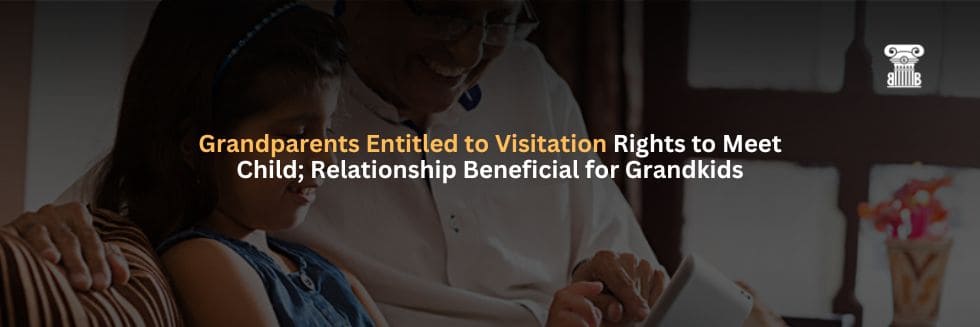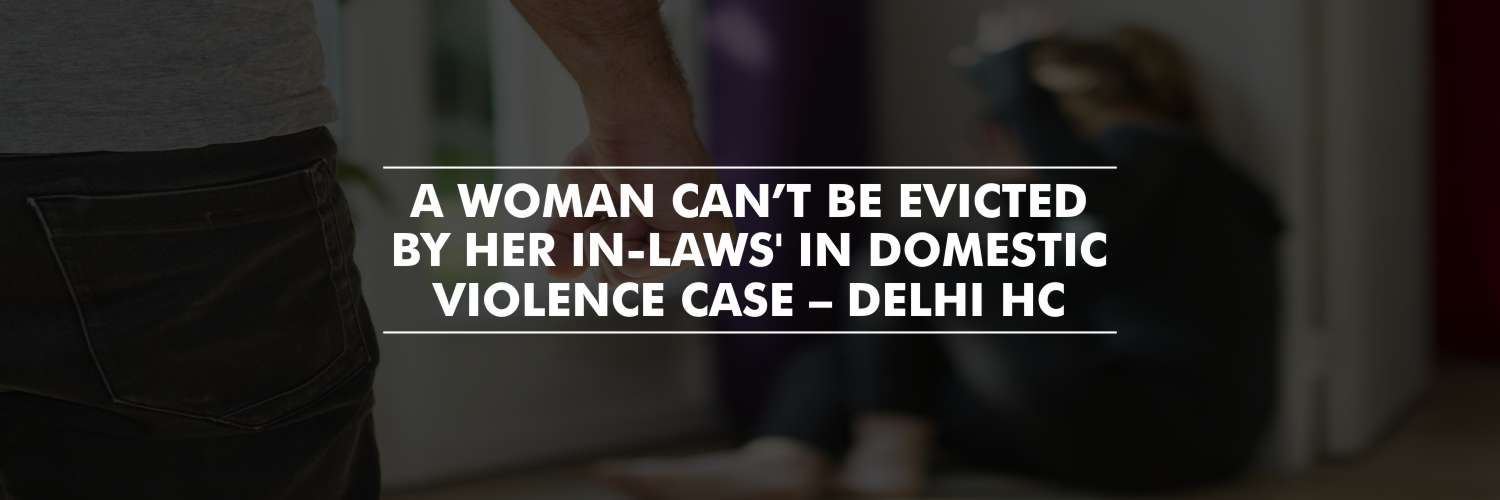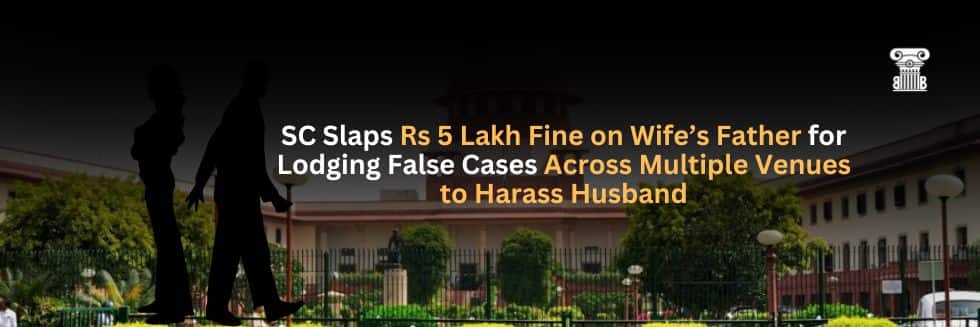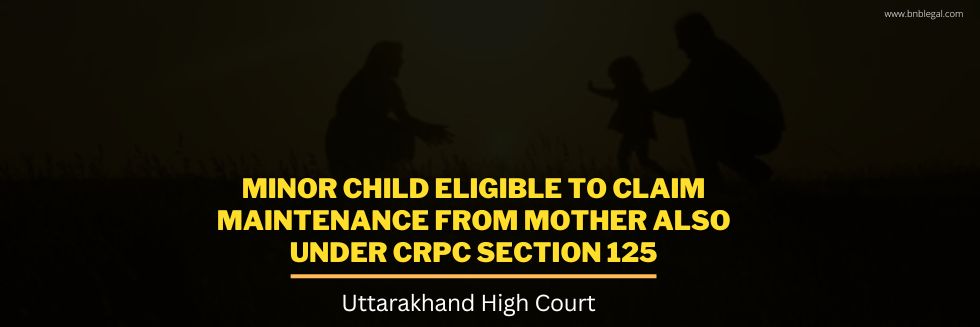In the case of A Aashifa Begum v Khader Beevi and Another, the Madras High Court addressed a plea by a woman challenging a single judge’s order granting visitation rights to her in-laws allowing them to meet their granddaughter twice a month. The woman alleged mistreatment by her in-laws following her husband’s death and claimed that the visitation rights were obtained under duress. The in-laws argued that they were better equipped to care for the child. The court emphasized the importance of prioritizing the child’s welfare in custody matters and recognized the benefits of a relationship with grandparents for the child’s development. While affirming the mother’s right to custody, the court granted visitation rights to the grandparents once a month at a Child Care Centre.
CASE DETAILS:
A Aashifa Begum v Khader Beevi and Another
Original Side Appeal No.108 of 2023
Supreme Court
Coram: Justice R Mahadevan and Justice Mohammed Shaffiq
BACKGROUND:
- The court was hearing a plea by a woman challenging the order of a single judge allowing visitation rights twice a month to her in-laws to meet their granddaughter.
- The daughter-in-law informed the court that her husband had passed away when their daughter was one year old after which the respondent in-laws treated her unfavourably even blaming her for their son’s death and terming her as inauspicious.
- She further stated that on the 7th-day ceremony of her husband’s death, the in-laws had treated her with cruelty. Additionally, when her parents came to the in-laws’ house to take her and the child, the in-laws refused and even locked themselves in a room with the child.
- She also claimed that she was forced to sign a mediation agreement under duress allowing visitation rights to the in-laws.
- The appellant also alleged that the in-laws had neglected the child’s health and even vandalized her parent’s home. She argued that the in-laws neither had custody over the child nor any visitation rights.
- On the other hand, the in-laws (grandparents of the minor child) submitted that while they were deeply affected by the demise of their only son, the actions of the daughter-in-law and her parents caused them further annoyance and distress. They argued that the economic position of the appellant’s parents was limited and they could not take proper care of the child. They claimed that allowing the child to reside with them would be detrimental, lacking discipline, ethics, values, morals and compassion. They thus argued that they were in a better financial position to look after the child.
OBSERVATIONS:
After considering the arguments presented by both parties, the court believes that the truthfulness of the allegations raised by them cannot be determined in this appeal. Such matters can only be resolved through a full-fledged trial where oral and documentary evidence can be presented and evaluated. However, the court must decide whether granting visitation rights to the respondents/grandparents by the learned Judge is justifiable.
In custody/guardianship matters, the court must prioritize the welfare of the minor child which is of paramount importance. This is to ensure the preservation of the family system in the country which is increasingly deteriorating and to guarantee the overall development and proper upbringing of the child. Therefore, the best interests of the child must be upheld. In the current case, it is acknowledged that the minor child is currently 2½ years old (born on 03.09.2021) and thus, the appellant/mother has the right to claim custody over the child.
However, the grandparents should not be denied reasonable access/visitation rights as this can contribute to the child’s normal development. An affectionate relationship with grandparents is widely recognized as beneficial for the child. It is important to note that the minor child had been under the care of the grandparents since birth which was disrupted due to the strained relationship between the parties.
JUDGEMENT:
The court modified the single judge’s order and granted visitation rights to the grandparents once every month at the Child Care Centre attached to the Family Court in Chennai. The appellant is required to personally bring and leave the child for visitation. The parties are free to reach an amicable settlement or seek further relief from the learned Judge. All arguments presented in this case remain open for adjudication in the pending applications and original petition.






